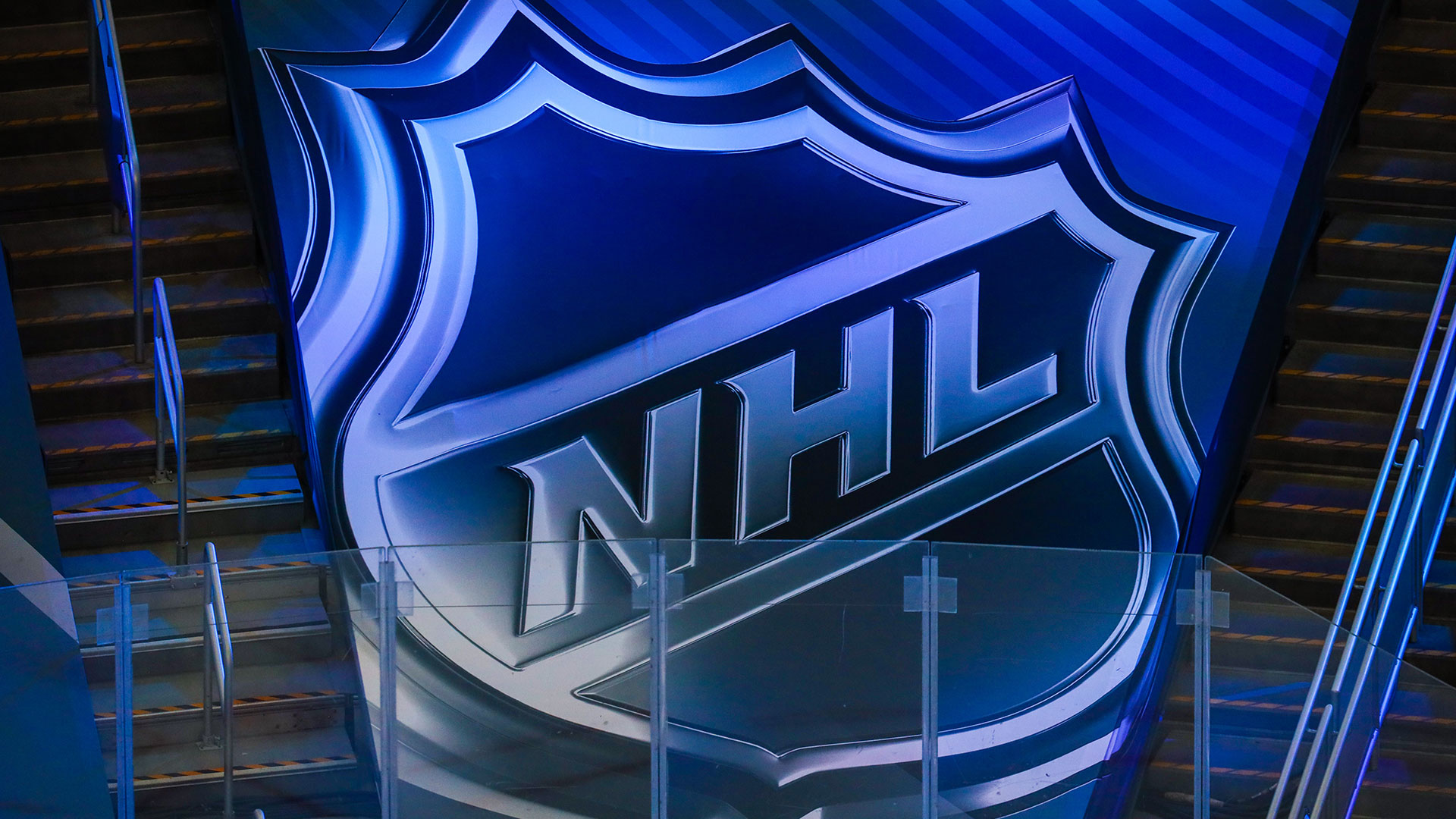The Blackhawks are a shoe-in favorite to come out of the Western Conference, and even win another Stanley Cup.
That's what happens when you've climbed to the top of the mountain three times in the last seven years, and have superstars like Patrick Kane, Jonathan Toews and Duncan Keith leading the charge on the ice and Hall of Fame coach Joel Quenneville behind the bench.
But Chicago will have its hands full in the first round against the Nashville Predators for a variety of reasons.
Let's start with the numbers.
The Predators own the best even-strength possession numbers out of all eight playoff teams in the West, controlling 51.4 percent of the shot attempts — also known as Corsi For percentage. It's the third straight season they've finish among the top-7 overall in that category. (The Blackhawks finished 12th overall this year with a 50.4 percentage).
Now, if you trim the category down to even strength within a one-goal game to get a feel for how teams play in a tight matchup, the Predators — and Blackhawks — hover near the middle of the pack. But they're consistent in this area:
— When the Predators are leading, they rank No. 7 in the league with a 46.7 Corsi For percentage.
NHL
— When the Predators are trailing, they rank No. 3 in the league with a 58.5 Corsi For percentage.
For comparison:
— When the Blackhawks are leading, they rank No. 17 in the league with a 44.7 Corsi For percentage.
— When the Blackhawks are trailing, they rank No. 5 in the league with a 58.2 Corsi For percentage.
The Predators don't play any differently when they're ahead or behind. They stay aggressive — unlike the Blackhawks who tend to take their foot off the gas when jumping in front — and that's a key ingredient in the playoffs, where no lead is safe. The Predators know that after they squandered a 3-0 lead in Game 1 against the Blackhawks in 2015 and fell 4-3 in overtime.
[VIVID SEATS: Get your Blackhawks tickets right here!]
Speaking of overtime, the Predators had a rough record in that area this year winning only four of 12 games, and also went 2-4 in the shootout. They left way too many points on the table, which is a large reason why they finished in a wild-card spot.
But as we know, 3-on-3 and shootouts don't exist in the playoffs, and that's great news for the Predators given their success at even strength, as detailed above.
Here's the most important note on why the Predators may give the Blackhawks headaches, and the differentiation between this year's team and the two they've fielded against Chicago in the past:
— In 2009-10, the Predators had nine players score 10 or more goals while the Blackhawks had 11. (Blackhawks won series in six games, went on to win Stanley Cup).
— In 2014-15, the Predators had eight players score 10 or more goals while the Blackhawks had 10. (Blackhawks won series in six games, went on to win Stanley Cup).
— This year, the Predators had 12 players finish with 10 or more goals while the Blackhawks had only seven. (A year ago the Predators and Blackhawks both had eight).
Nashville has had its best four-line rotation in a while, and it's getting key contributions on offense from the blue line group — Ryan Ellis (16 goals), Roman Josi (12) and P.K. Subban (10) — that's, oh by the way, one of the best at preventing goals, too.
It will be important for the Predators to jump on the Blackhawks early, though. They've never won a playoff series in franchise history when losing Game 1 (0-7), and the Blackhawks are 32-8 in Games 5-7 under Quenneville compared to 44-40 in Games 1-4. The Blackhawks are almost impossible to put away.
It won't be a must-win for either team, but Game 1 on Thursday will have that feel to it, especially for Nashville.


